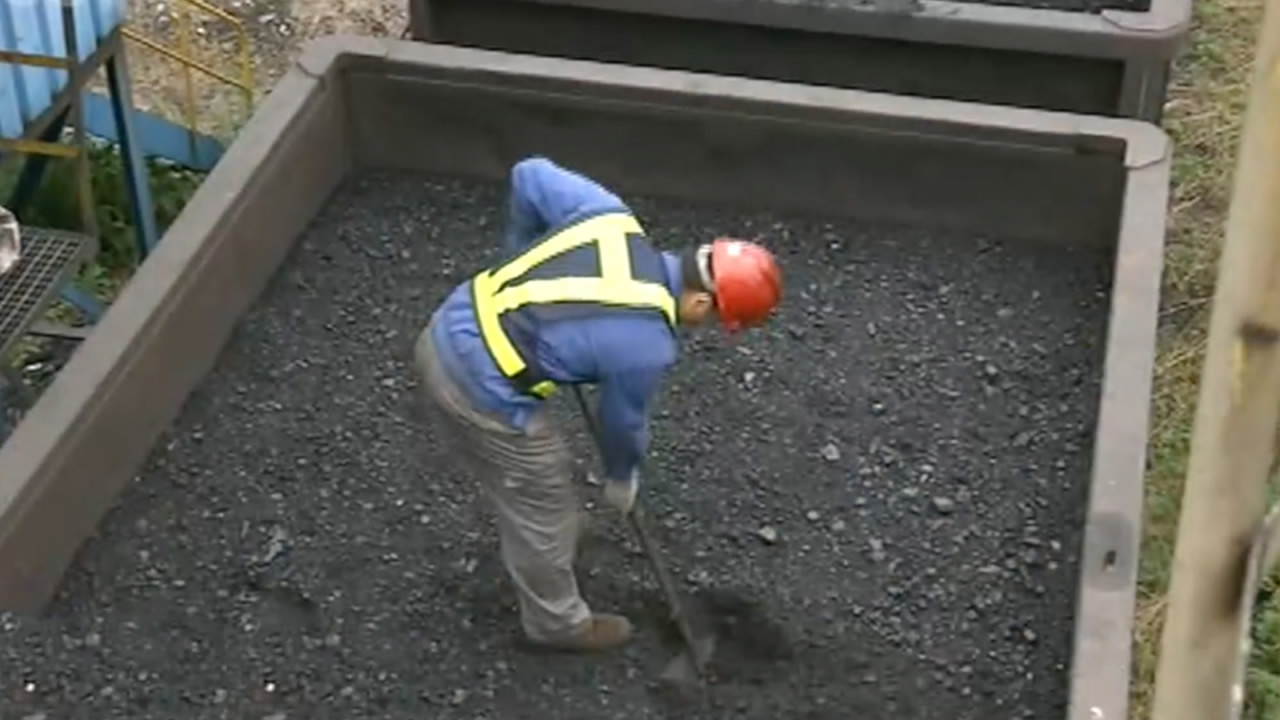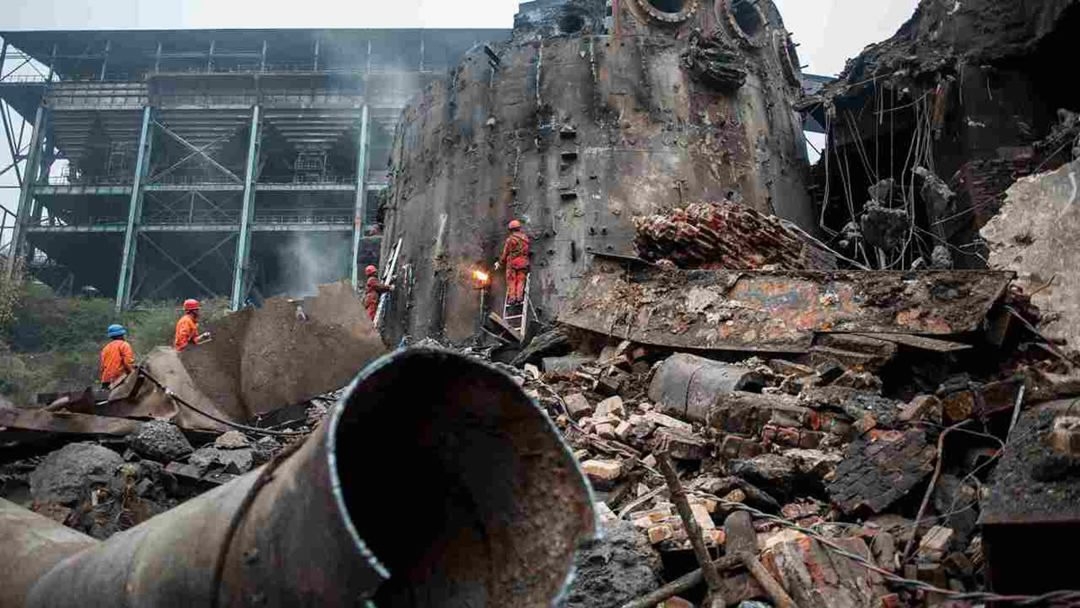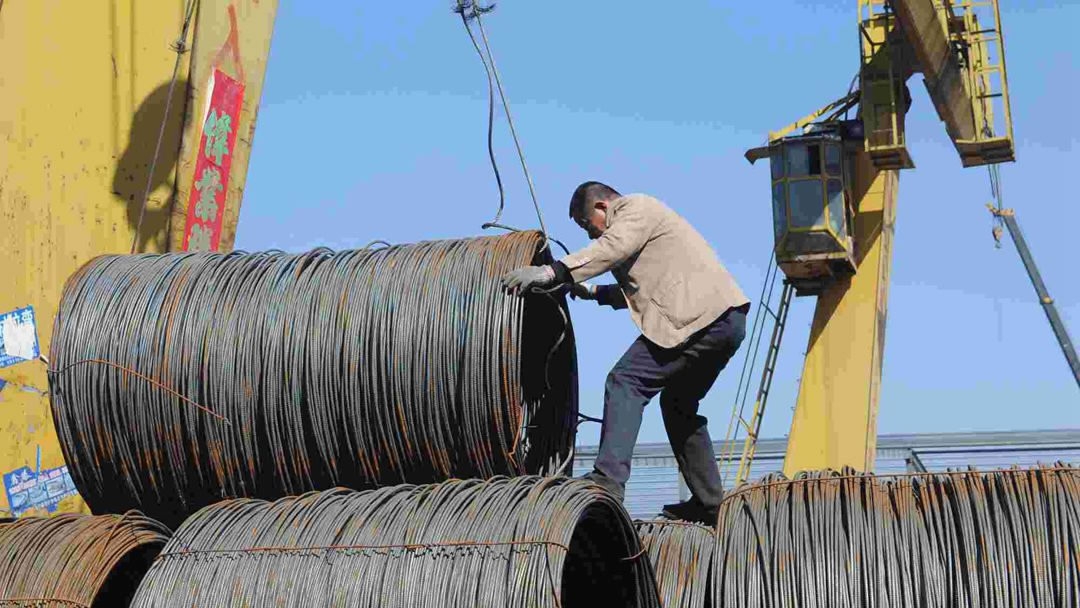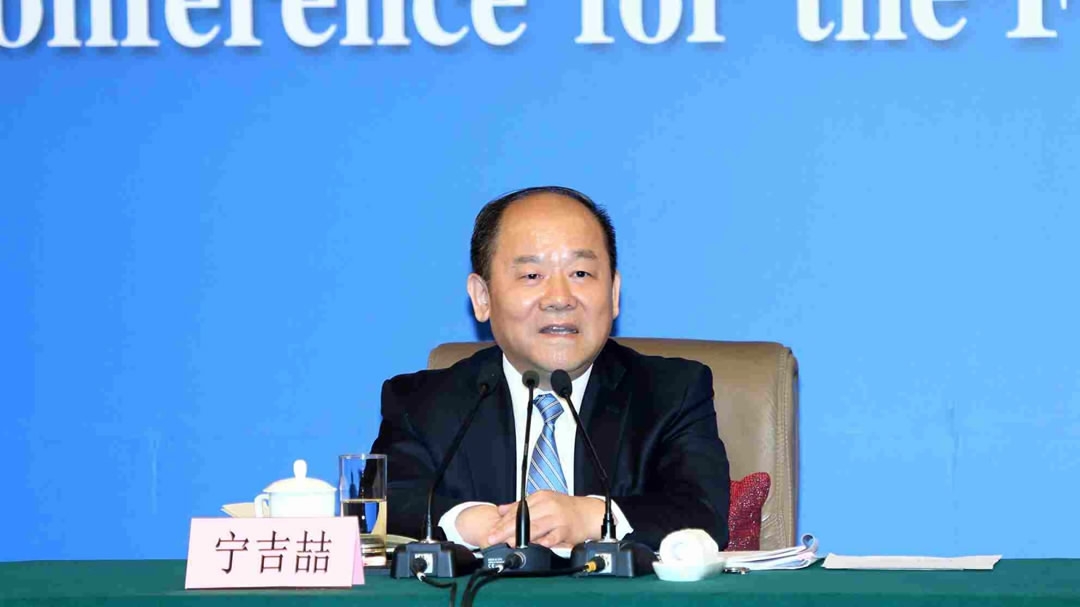
Business
19:35, 06-Mar-2017
De-capacity or jobs? Tough call for China
Updated
10:58, 28-Jun-2018

By CGTN’s Xia Cheng
China is waging de-capacity further on more industries, at the cost of possible job losses – a message from Monday’s press conference of China’s economic planner, the National Development and Reform Commission (NDRC) during the Two Sessions.
The NDRC confirmed an 11 million new job target for 2017, not enough to get the 15 million unemployed on board, although the 6.5 percent GDP growth target this year is supposed to secure employment goals.

An old furnace shaft in a factory in Guizhou Province is being torn down in response to the country’s de-capacity drive. /CFP Photo
An old furnace shaft in a factory in Guizhou Province is being torn down in response to the country’s de-capacity drive. /CFP Photo
“Despite global volatility, the supply-side reform reduced excess capacity in steel and coal, leading to a price recovery in the two sectors,” said Ning Jizhe, the deputy director of the NDRC. “The industries will be reborn only through firm cuts on excess capacity.”
Stronger overcapacity cuts can squeeze out ill-functioning and low-end companies, optimizing the industrial environment, but will also add pressure on the government to relocate employees - about 500,000 for this year only.

Rusty steel placed in a steel market in Taiyuan, Shanxi, which suffered from low pricing over excessive capacity earlier 2016. /CFP Photo
Rusty steel placed in a steel market in Taiyuan, Shanxi, which suffered from low pricing over excessive capacity earlier 2016. /CFP Photo
The central government spent over 30 billion yuan (4.36 billion US dollars) last year transferring 726,000 employees affected by the de-capacity policies, citing recent data from the Ministry of Human Resources and Social Security.
China will maintain tough cuts on excess capacity until at least 2018.
“Premier Li has made it clear in the government work report that we will cut 50 million kilowatts of coal power through industry restructuring,” Ning repeated when answering frequent questions over the de-capacity issue.

NDRC Deputy Director Ning Jizhe, addressing the Monday press conference. /CFP Photo
NDRC Deputy Director Ning Jizhe, addressing the Monday press conference. /CFP Photo
That is also why at the press conference the NDRC promised to do more to support private investment, a key job creator.
With this dominating Beijing’s agenda, the government will be seeking to balance shedding unwanted capacity and creating desirable jobs.

SITEMAP
Copyright © 2018 CGTN. Beijing ICP prepared NO.16065310-3
Copyright © 2018 CGTN. Beijing ICP prepared NO.16065310-3